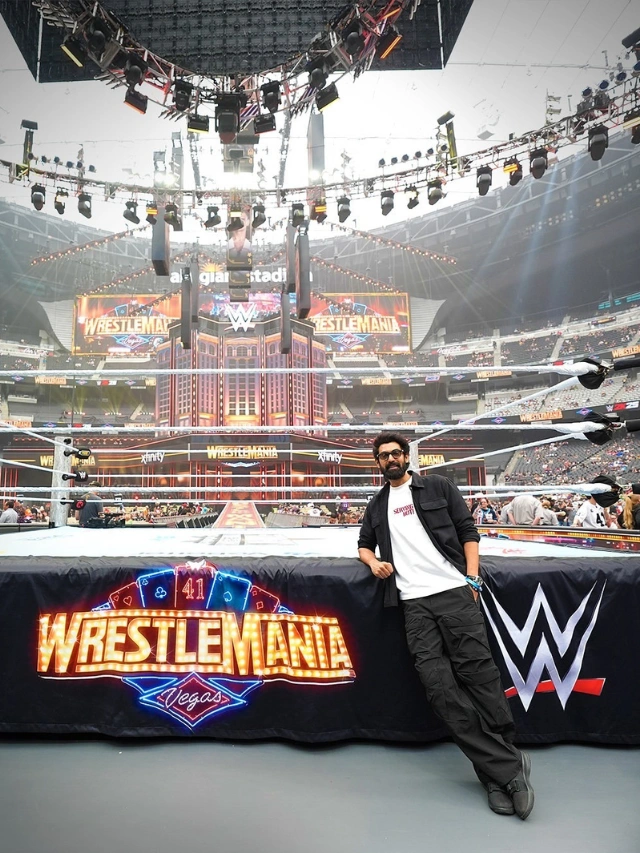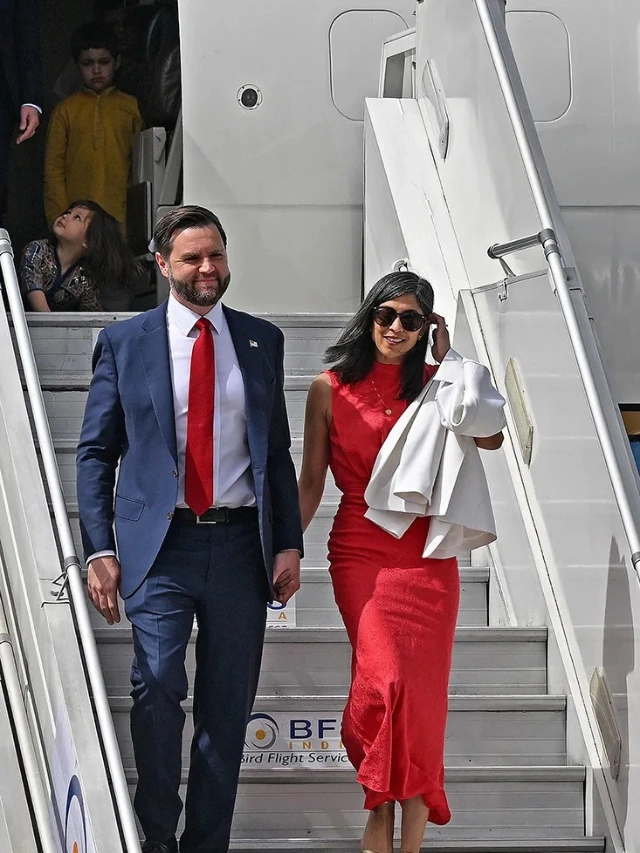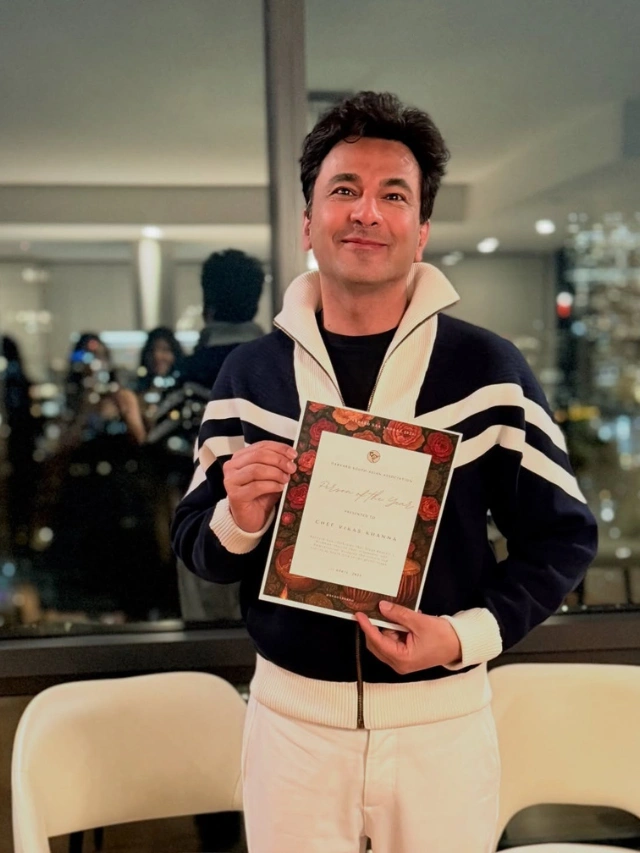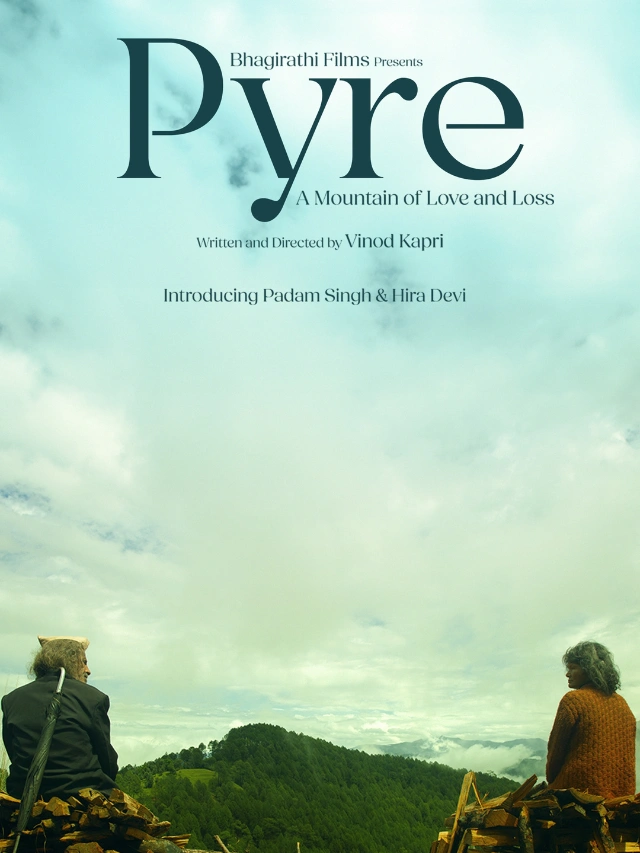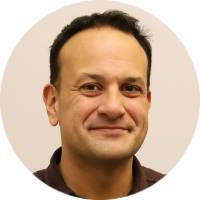
Leo Varadkar
Leo Varadkar is an Irish politician who has made a name for himself as a leader in the Fine Gael political party. Varadkar is known for his work as the Taoiseach (Prime Minister) of Ireland, and his efforts to strengthen Ireland’s economy, improve healthcare, and promote social justice. In this article, we will explore Leo Varadkar’s early life, education, family, professional life, and achievements.
CEO’s | Actors | Politicians | Sports Stars
Leo Eric Varadkar, born on January 18, 1979, is an Irish politician who has served as Taoiseach of Ireland since December 2022, and previously from 2017 to 2020. He has also been a Teachta Dála (TD) for the Dublin West constituency since 2007. Varadkar is the leader of Fine Gael and has served as the Tánaiste and Minister for Enterprise, Trade, and Employment from June 2020 to December 2022. Prior to that, he was the Minister for Social Protection, Minister for Health, and Minister for Transport, Tourism, and Sport.
Early Life of Leo Varadkar
Leo Varadkar was born in the Rotunda Hospital in Dublin, Ireland, and is the third child and only son of Ashok Varadkar and Miriam Howell Varadkar. His father, who was born in Bombay (now Mumbai), India, moved to the United Kingdom in the 1960s to work as a doctor. His mother, born in Dungarvan, County Waterford, worked as a nurse in Slough, where she met her husband. The couple married in the UK in 1971 and later moved to India before finally settling in Dublin in 1973. Leo has two sisters, Sophie and Sonia.
Education
Varadkar received his primary education at St. Francis Xavier National School in Blanchardstown and later attended The King’s Hospital School, a fee-paying school in Dublin. He earned a Bachelor of Medicine, Bachelor of Surgery, and Bachelor of Obstetrics (MB BCh BAO) degree from Trinity College Dublin. While studying at Trinity, Varadkar became actively involved in the Young Fine Gael branch of the Fine Gael political party.
Professional Life of Leo Varadkar
After graduating from Trinity, Varadkar spent several years working as a non-consultant hospital doctor at Connolly Hospital Blanchardstown and Tallaght University Hospital, where he gained valuable experience in the healthcare system. He then qualified as a general practitioner (GP) in 2010 and worked as a GP in the National Health Service in the UK.
Varadkar entered politics in 2004 when he joined Fine Gael and became a member of Fingal County Council. He was later elected as Deputy Mayor of Fingal. In 2007, he was elected to Dáil Éireann for the first time, representing the Dublin West constituency.
In 2011, Varadkar was appointed as the Minister for Transport, Tourism, and Sport in the Fine Gael-Labour Party coalition government led by Taoiseach Enda Kenny. During his tenure, he introduced several important reforms, including the establishment of a new public transport regulator, the implementation of a national road safety strategy, and the development of a new national aviation policy.
In 2014, Varadkar was appointed as the Minister for Health, where he was tasked with overseeing Ireland’s healthcare system, which had been struggling with budgetary constraints and staff shortages. He introduced a number of initiatives to improve the quality and accessibility of healthcare, including the introduction of a new national cancer strategy, the expansion of GP services, and the introduction of a new system for measuring hospital waiting times.
Varadkar’s tenure as Minister for Health was followed by his appointment as Minister for Social Protection in 2016, where he oversaw the implementation of several significant reforms to Ireland’s social welfare system, including the introduction of a new single payment for working-age people and the implementation of a new scheme for parental leave.
In May 2017, Varadkar announced his candidacy for the leadership of Fine Gael following the resignation of Taoiseach Enda Kenny.
Latest News:
Taoiseach Leo Varadkar Expresses Desire for Fewer Abortions in Ireland
In an interview with The Irish Times, Taoiseach Leo Varadkar shared his views on abortion in Ireland, expressing a desire to see a decrease in the number of abortions. While acknowledging that abortion is sometimes necessary, he emphasized that it is not a good thing overall. Varadkar’s comments came in response to an independent report on Ireland’s abortion law, which proposed several legislative changes, including the elimination of the mandatory three-day waiting period for accessing termination medication.
The report, prepared by barrister Marie O’Shea, did not adequately explore cases where women did not return for their second appointment after obtaining abortion medication. The Oireachtas Committee on Health is currently reviewing the report, and once it reaches the government, Varadkar stated that it would be carefully considered. He also mentioned that most parties would allow a free vote on the matter, enabling members to vote based on their personal beliefs. Varadkar’s stance reflects a nuanced perspective on the issue, recognizing the complexity of abortion while advocating for alternatives and support for women facing difficult choices. The ongoing discussions surrounding Ireland’s abortion laws highlight the divisive nature of the topic and the need for comprehensive dialogue and considerations of diverse viewpoints.
FAQ
What is Leo Varadkar's height?
Leo Varadkar stands at 6 feet 4 inches (1.93 meters) tall.
What is Leo Varadkar's connection to Donegal?
While Leo Varadkar does not have a direct personal connection to Donegal, his political role as Taoiseach involved engagement with all regions of Ireland, including Donegal. He has visited the county on official duties, addressing local issues and developments.
Who are Leo Varadkar's parents?
Leo Varadkar was born to Ashok and Miriam (née Howell) Varadkar. His father, Ashok, hails from Mumbai, India, and worked as a doctor. His mother, Miriam, is originally from Dungarvan, County Waterford, Ireland, and worked as a nurse. The couple met while working together in Slough, England, and later settled in Dublin, Ireland.
Where is Leo Varadkar from?
Leo Varadkar was born on January 18, 1979, at the Rotunda Hospital in Dublin, Ireland. He grew up in the Blanchardstown and Castleknock areas of west Dublin.
How old is Leo Varadkar?
Born on January 18, 1979, Leo Varadkar is currently 46 years old.
Who is Leo Varadkar's father?
Ashok Varadkar, the father of Leo Varadkar, was born in Mumbai, India. He pursued a medical career and moved to the United Kingdom in the 1960s, where he met his future wife, Miriam. The family eventually settled in Dublin, Ireland, in 1973.
What is Leo Varadkar's educational background?
Leo Varadkar attended St. Francis Xavier National School in Blanchardstown and later The King’s Hospital, a boarding school in Dublin. He initially studied law at Trinity College Dublin but soon switched to medicine, earning his medical degree in 2003. During his time at Trinity, he was active in politics, serving as vice-president of the Youth of the European People’s Party.

